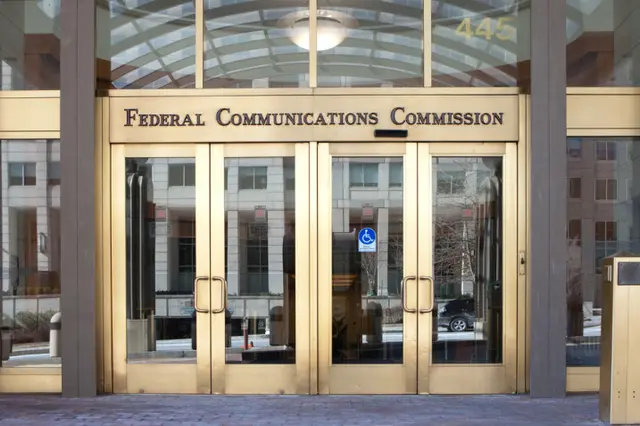France's decision to nationalize a key shipyard rather than let an Italian company take control is stoking anger in Italy, and analysts told Xinhua the move could add more stress to already-strained relations between the two European Union (EU) states.
The latest news is that the French state would nationalize the STX shipyard near the city of Saint-Nazaire, on France's Atlantic coast. This came after the Italian port operator Fincantieri was the only qualifying bidder to take over the concession.
Bruno Le Maire, France's minister of finance, said the decision was made in order to "defend France's strategic interest in shipbuilding."
Fincantieri and Italian government officials cried foul, noting that the previous concession was held by a Korean firm, and stressing that if national interests were at play, the concession should have never been opened up for bidding.
Pier Carlo Padoan, Le Maire's Italian counterpart, said there was "no reason" Fincantieri shouldn't be allowed to operate the STX shipyard, and Carlo Calenda, Italy's minister for economic development, criticized Le Maire for changing the terms of the deal first laid out by Francois Hollande, France's previous president.
Carlo Altomonte, a political scientist at Milan's Bocconi University, said in an interview that he believed increasing geopolitical uncertainty likely prompted France's decision.
"It's wrong to look at this as a commercial problem," Altomonte said. "It's a security problem, a military problem."
But Altomonte is in a minority in Italy, where many analysts say the French move could have lasting international implications.
"There was a period after Emmanuel Macron was elected president that people thought he might be the new face of Europe," Antonio Villafranca, research coordinator and the head of the European Program at the Institute for International Political Studies, told Xinhua.
He was referring to the May election Macron won to succeed Hollande.
"But Macron's looking out for national priorities," he said, adding "He wants what's best for France, not what's best for Europe."
Villafranca said weaker ties between European states could have an impact as countries try to grapple with major problems like migration, security, and economic growth.
"I think may people expect greater collaboration from a man who ran for president on a pro-European platform," Villafranca said.
According to Marco Angelo Gervasoni, an expert on the comparative history of political systems at Rome's LUISS University, European countries have been drifting farther apart for some time.
"This isn't a problem that started because of the STX shipyard," Gervasoni said in an interview. "There's been tension for some time.
Look at the Brexit vote, look at the debates over migration. These things don't happen in a union that is growing closer together."
Gervasoni added that Macron's image in Italy could be another causality of the latest developments.
Up until two weeks ago, Macron was very popular in Italy, according to the professor. "Now, not nearly so much."
(ASIA PACIFIC DAILY)
 简体中文
简体中文

